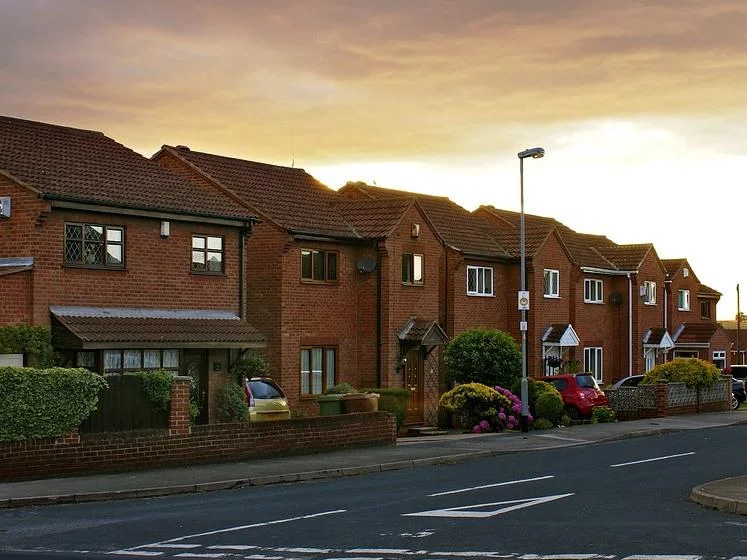Stamp Duty Land Tax is suffocating the housing market

Stamp Duty Land Tax is contributing to the UK’s dysfunctional property market, particularly in London and the South East, according to new research from LSE for the Family Building Society.
The report, A taxing question: is SDLT suffocating the English housing market?, reveals that most of the tax take is from buyers of typical family homes and would be downsizers. In 2016, 58 per cent of revenues were raised on the sale of properties valued between £250,000 and £1million.
Revenues from SDLT have been rising steadily since the financial crisis of 2008 and last year the tax raised over £8 billion for the Treasury, whilst housing transactions remain weak – in 2016 they were some 38% below the levels of the early 2000s.
Mark Bogard, Chief Executive of the Family Building Society said: "There is no doubt the SDLT is suffocating the housing market. People just don’t want to write out a big cheque to HRMC when they just don’t have to.
"The government should recognise that the housing market is a shambles and that supply simply isn’t meeting an ever growing demand. Without some serious reform of Stamp Duty and recognition that the Help To Buy scheme does not tackle the issue of helping older home owners downsize, ordinary families will continue to shoulder a heavy tax burden while continuing to face a serious shortage of appropriate housing supply. It’s time for the Government to make a real difference, to a real problem!"
In addition to the burden of saving a deposit, first time buyers now have to find many thousands of pounds in stamp duty, a much greater amount proportional to net income, than past generations faced.
Professor Christine Whitehead, Emeritus Professor of Housing Economics, commented: "Stamp duty is an increasingly heavy tax on housing transactions – which is gumming up the housing market. A small increase in council tax would bring in just as much revenue and would significantly reduce housing market distortions especially in London and the South East."
The report reveals that:
• Potential downsizers can’t buy something that costs the same as their original house without spending large amounts of money on tax - but can stay where they are for nothing.
• Families that want more space decide instead to extend properties rather than pay a new tax.
• Stamp duty is an impediment to social mobility. Why move for a job that might not last, or may be just a short-term career stepping stone, and incur huge expense? Or, if they do move jobs, many people end up with longer commutes, with the resulting stress on the transport network and themselves.
In a survey of its customers by the Family Building Society, which has a well established reputation for lending to older borrowers, found that SDLT is now the second most important factor taken into account when considering downsizing - ten years ago respondents saw it as much less significant.